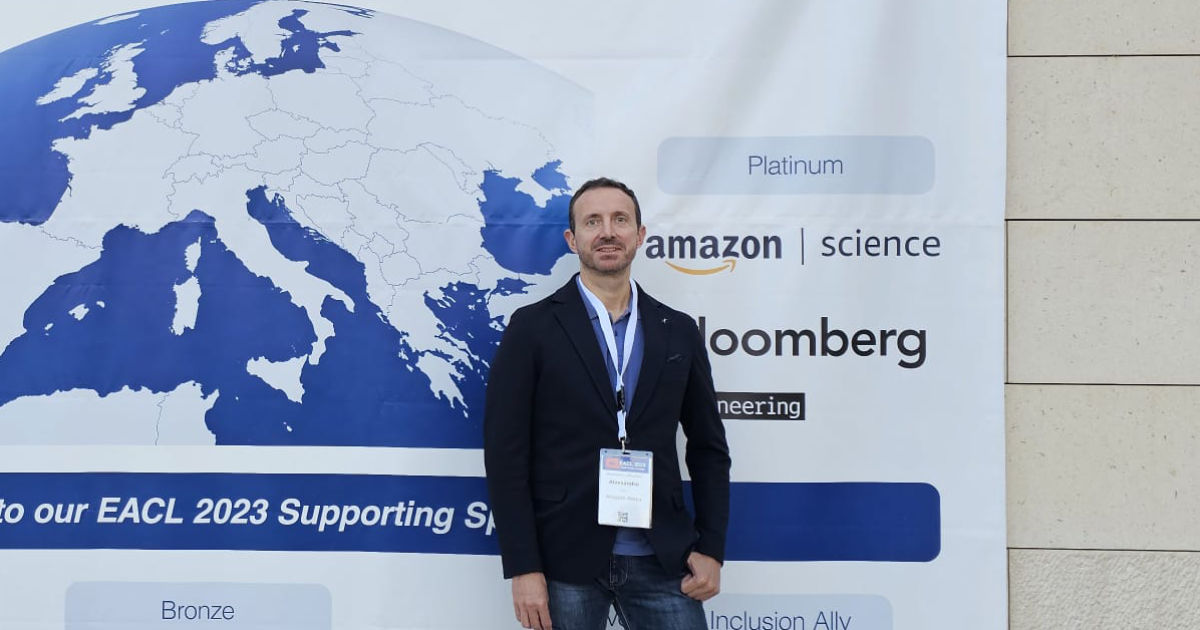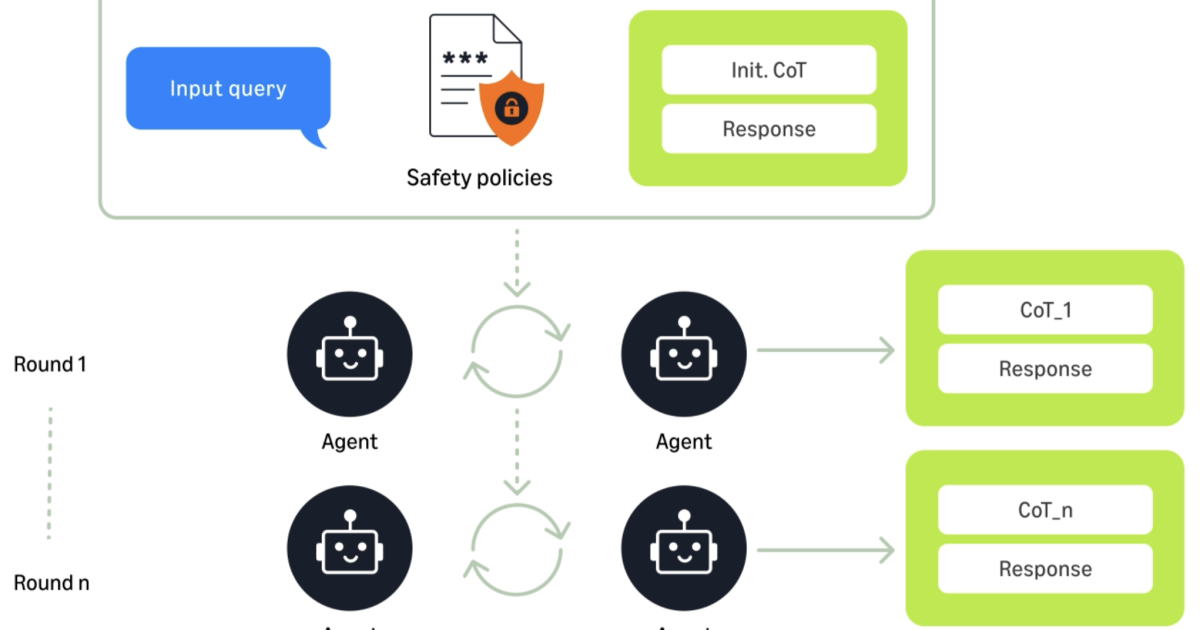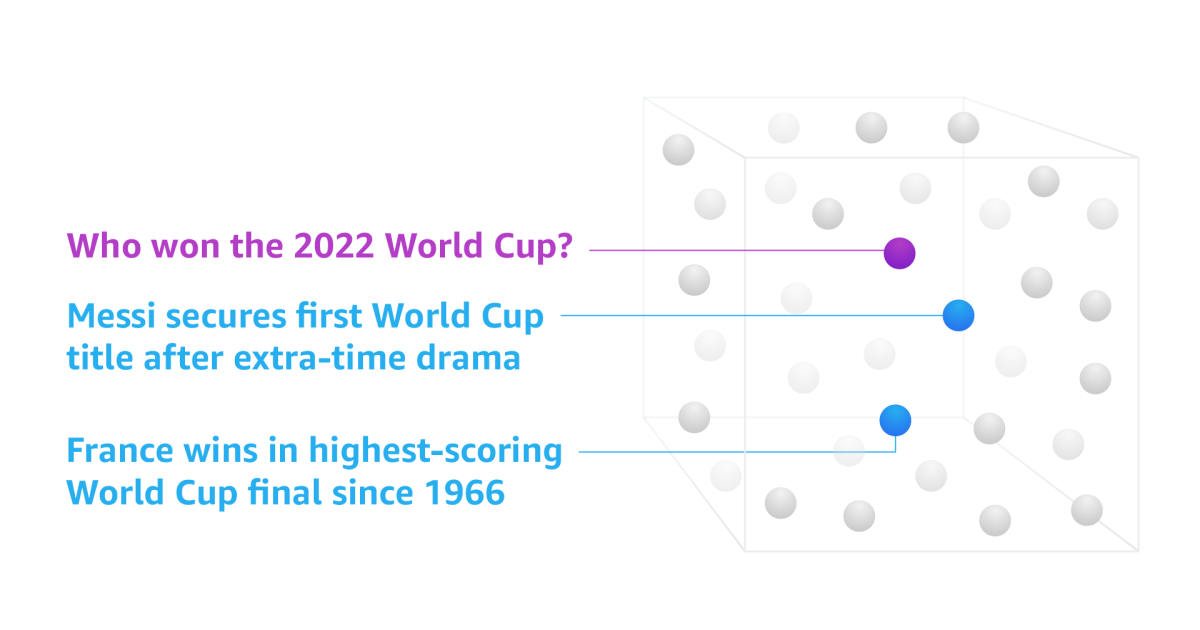Amazon delivers gift to 10 Penn Ph.D. -The students to work on reliable AI
Today, Amazon Web Services (AWS) announced that it delivers a $ 700,000 gift to the University of Pennsylvania School of Engineering and Applied Science to support research at fair and reliable AI. The funds are distributed to 10 Ph.D. -The engineering student who researches in this field. Penn students who receive funding are conducting their … Read more









